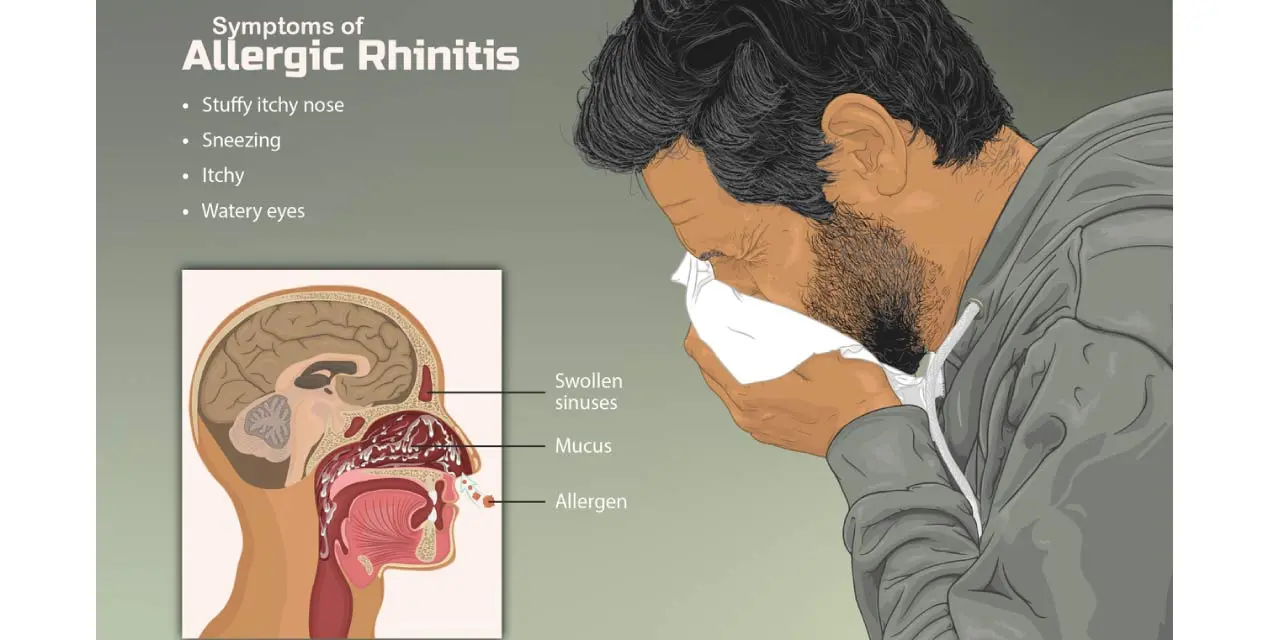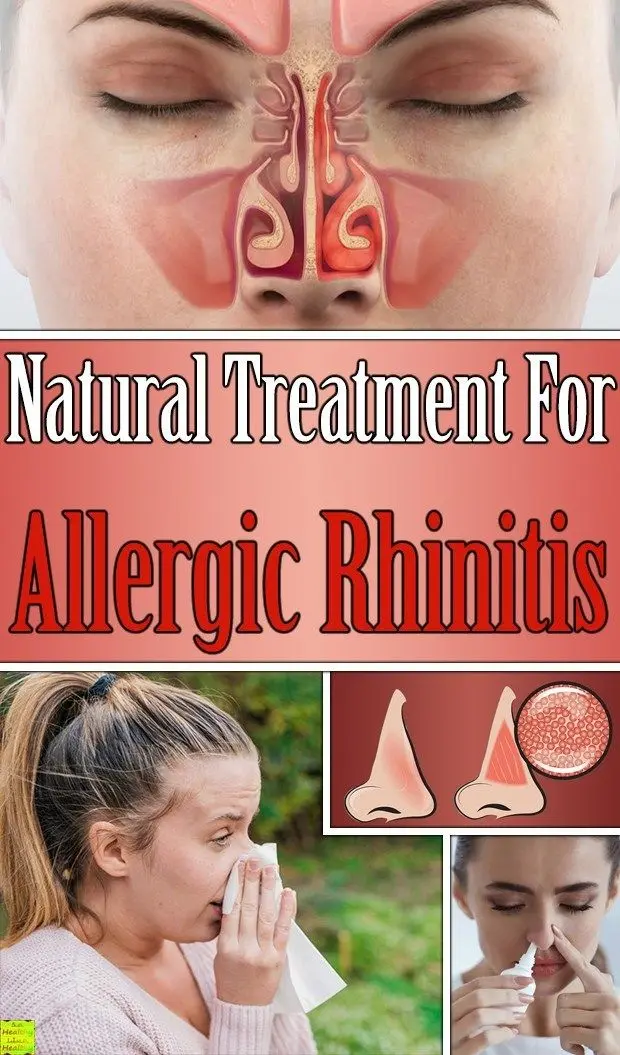Can Allergic Rhinitis be Cured?
Sometimes
Symptomatic relief and management are achievable, but complete cure may require effective allergen avoidance

What is Allergic Rhinitis?
Allergic rhinitis, commonly known as hay fever, is an allergic reaction to airborne allergens such as pollen, dust mites, or pet dander. Symptoms include sneezing, nasal congestion, and itchy eyes. Management includes allergen avoidance, antihistamines, and nasal corticosteroids.

Clinical Aspects

Characteristics
Inflammation of the nasal passages due to an allergic reaction

Symptoms
Sneezing, runny or stuffy nose, itching in the nose and eyes

Diagnosis
Clinical examination, allergy testing

Prognosis
Generally good with proper management

Complications
Sinusitis, otitis media, impaired quality of life
Etiology and Treatment

Causes
Allergens such as pollen, pet dander, or mold spores

Treatments
Allergy medications (antihistamines, nasal corticosteroids), allergen avoidance

Prevention
Allergy medications (antihistamines, nasal corticosteroids), allergen avoidance
Public Health and Patient Perspectives

Epidemiology
Common allergic condition affecting the nasal passages

Patient Perspectives
Long-term management to control symptoms is crucial
Please note that the information provided is based on the current understanding of these conditions and treatments may vary based on individual circumstances. Always consult with a healthcare provider for accurate information.
Share: